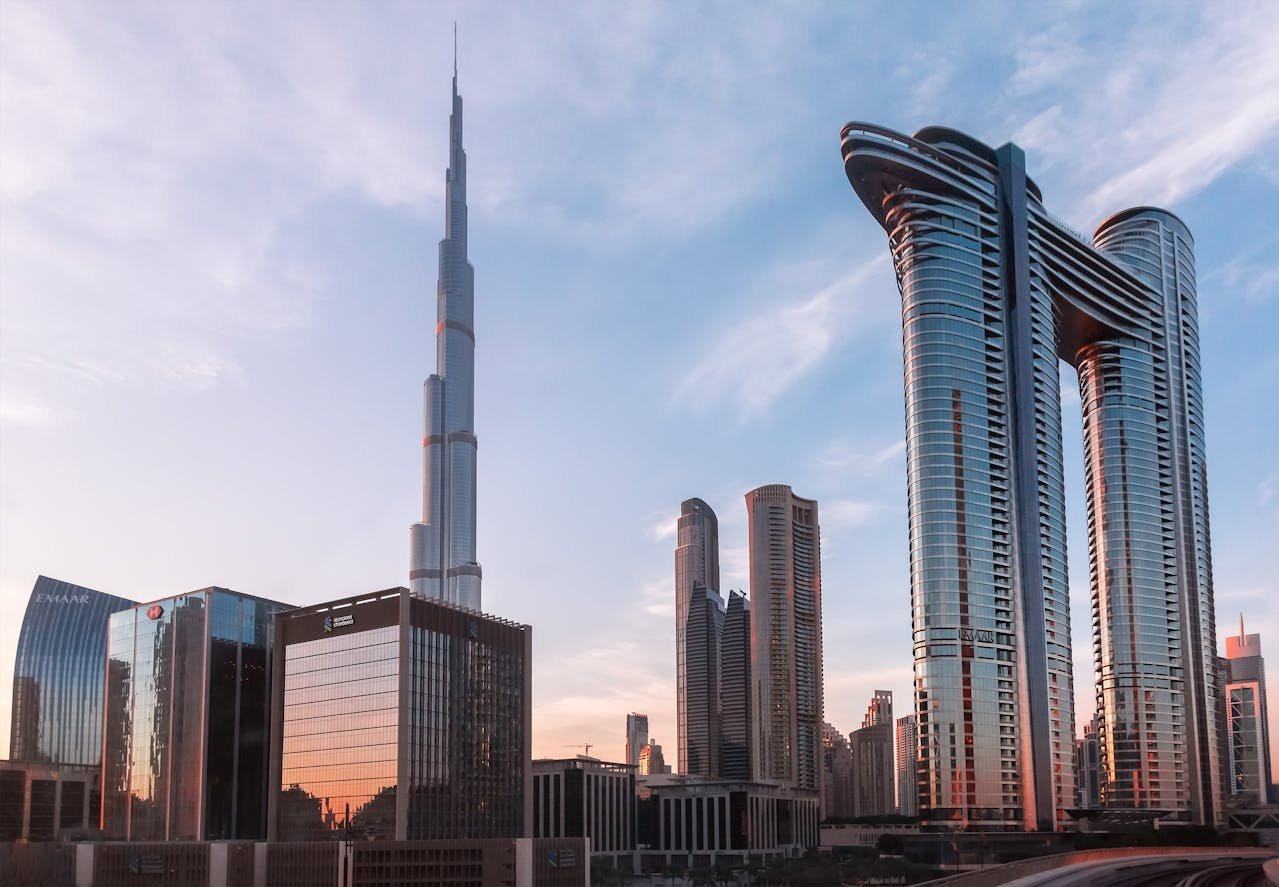Freehold vs. Leasehold in Dubai: your investment guide


DUBAI In 2002, Dubai passed a law that would change its skyline, and its destiny. For the first time, foreign nationals were allowed to buy freehold property in select districts, a move that catapulted the emirate into the ranks of global real estate capitals. Overnight, what was once a leasehold-dominated market opened to international ownership, drawing investors from London, Mumbai, Moscow, and beyond.
Two decades later, the choice that began with that decree has only grown more significant. The emirate now runs on two distinct tracks: freehold and leasehold. Each carries its own promise and its own pitfalls. For global investors, understanding the divide has become as important as choosing the right tower, villa, or neighborhood.
Freehold: Permanence and Power
Freehold ownership offers investors complete control over both the property and the land it occupies. Owners can sell, rent, or renovate with minimal restrictions, and the asset can be passed down to heirs. Properties valued above AED 2 million also open a pathway to long-term UAE residency visas.
Yet permanence comes at a premium. Freehold homes are concentrated in designated zones such as Downtown Dubai, Palm Jumeirah, Business Bay, and more recently Al Jaddaf. They require higher upfront costs, and maintenance responsibilities fall entirely on the owner.
Still, for investors seeking stability, appreciation, and legacy, freehold remains the benchmark.
Leasehold: Flexibility Without Forever
Leasehold ownership grants rights to occupy a property for 30 to 99 years, after which it reverts to the original owner unless renewed. Leaseholds generally carry a lower initial price point and are available in a broader range of neighborhoods, from Al Barsha to Mirdif.
For buyers prioritizing affordability or shorter-term horizons, leasehold provides an accessible entry point. Major structural maintenance is often handled by the landlord, reducing responsibility for investors.
The trade-off is control. Alterations, subletting, or resale may require landlord approval, and values can decline as leases approach expiry.
The Legal Divide
Dubai’s dual system is underpinned by clear legislation. Freehold ownership is defined under Dubai Law No. 7 of 2006, while leasehold arrangements fall under Dubai Law No. 26 of 2007, which regulates landlord–tenant relations. The clarity of these frameworks has bolstered global investor confidence.
The Investor Profiles
Freehold tends to attract long-term investors, families seeking stability, and global buyers positioning Dubai as a second home. These investors value permanence, inheritance rights, and access to visas, even if it comes with higher upfront costs and maintenance obligations.
Leasehold, on the other hand, often appeals to younger professionals, short-term expatriates, or those testing the market before making a permanent commitment. It offers affordability, geographic flexibility, and less responsibility for major repairs, but limited control and eventual expiry.
Leasehold vs. Freehold: Which Ownership Model Fits Your Investment Goals?
At the heart of Dubai’s property market lies a defining choice: do you want permanence, or do you want flexibility?
Freehold ownership represents permanence full control, legacy rights, and the ability to pass property down through generations. Leasehold, by contrast, offers access without full ownership, typically lasting decades but ultimately reverting to the landlord.
The right choice depends on your investment horizon and lifestyle needs. If you envision Dubai as a long-term base, or seek intergenerational stability, freehold is the natural path. If your priorities are affordability, geographic choice, or testing the market without overcommitting, leasehold is often the smarter entry.
What matters most is alignment between your property strategy and your ambitions: are you buying a foothold in Dubai, or a future in it?
The Investor’s Decision
Freehold tends to attract long-term investors, families building a future in Dubai, and global buyers seeking stability and visa-linked benefits. Leasehold suits younger professionals, short-term expatriates, or investors looking for more affordable access with fewer maintenance responsibilities.
Recent reforms including the expansion of freehold rights to Sheikh Zayed Road and Al Jaddaf in 2025 have further tilted demand toward freehold, but leasehold continues to play an important role for those seeking flexibility.
As Dubai continues to expand its freehold map and redefine global property ownership, investors face a choice not just about where to buy, but how they wish to belong.
Where Elaris Comes In
At Elaris, we help investors navigate these critical decisions with clarity and confidence. From analyzing market trends to ensuring compliance with Dubai Land Department regulations, we align each client’s goals with the right ownership structure.
Explore:
- Elaris | Guiding global investors through Dubai’s most important property choices.

